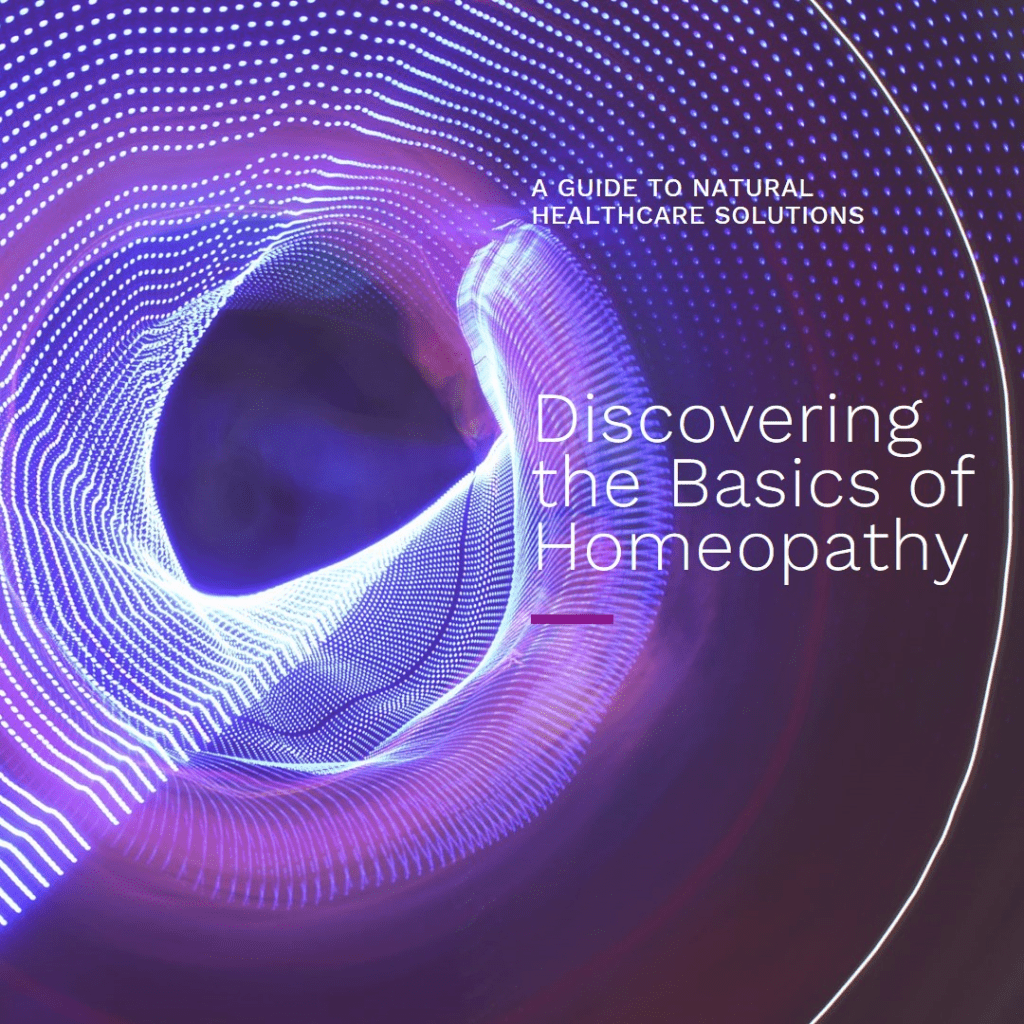For those seeking natural healthcare solutions, understanding what defines homeopathy is a crucial first step.
What Defines Homeopathy: a system of medicine with a long and storied past, continues to spark curiosity and debate. This blog post delves into the core principles, practices, and ongoing discussions surrounding this alternative medical approach.
Table of Contents

A Historical Look at Homeopathy's Foundation | What Defines Homeopathy
Homeopathy's origins trace back to the late 18th century in Germany. Samuel Hahnemann, a physician disillusioned with the harsh practices of the time, developed a set of principles based on his observations and experiments. These principles became the pillars of homeopathy: What Defines Homeopathy...
- Similia Similibus Curentur (Like Cures Like): This core principle suggests that a substance that induces specific symptoms in a healthy individual can, in minute doses, stimulate the body's healing response to alleviate similar symptoms of illness. This is called "Nature's Law of Cure".
- The Law of Minimum Dose: Hahnemann believed that diluting a substance and vigorously succussing (shaking) it during the dilution process enhanced its therapeutic properties. Homeopathic remedies often undergo serial dilutions, resulting in highly diluted substances.
The Practice of Homeopathy: Individualized Treatment
Homeopaths, practitioners of homeopathy, take a holistic approach to patient care. They consider a patient's physical, emotional, and mental state when selecting a remedy. Consultation may involve a detailed discussion of symptoms, lifestyle habits, and medical history.
Based on this comprehensive evaluation, a homeopath prescribes a specific remedy to trigger the body's natural healing mechanisms and address the underlying cause of the illness. Homeopathic remedies are typically derived from natural sources like plants, minerals, and animal products.
The Science Behind Homeopathy: Ongoing Research and Discussion
The effectiveness of homeopathy remains a topic of debate within the so-called scientific community. The extreme dilutions used in homeopathic preparations often leave no detectable traces of the original substance. This raises questions about the plausibility of their purported medicinal effects when sought from the bare materialistic approach.
However, some ongoing research explores the potential mechanisms by which homeopathy might influence the body's healing response. These investigations involve studying the effects of ultra-low doses on biological systems and the role of the placebo effect in perceived improvements.
The Future of Homeopathy: Balancing Tradition with Evidence
Homeopathy holds a significant place within complementary and alternative medicine (CAM) practices. As research into CAM therapies continues, future studies on homeopathy may shed light on its potential benefits and limitations.
Here are some key considerations for the future of homeopathy:
- Rigorous Clinical Trials: Provings of homeopathic medicines are done on healthy human beings of different age groups, gender and constitutions. Thousands of medicines have been proven upon many many individuals many many times and this is the largest documented research in the whole medical history.
- Standardization of Practices: The most standardized practices are within homeopathy as the consistency and quality of treatment delivery are based on certain philosophies and laws of nature which never change. The homeopathy practice is not based on mare assumptions and no homeopathic medicine has been banned in history to till date.
- Transparency and Patient Education: Open communication between homeopaths and patients regarding the current state of research and the advantages of homeopathy is essential.
Choosing Homeopathy: An Informed Decision
If you're considering homeopathy, it's vital to approach it with a balanced perspective. Here are some steps to take:
- Consult a Qualified Homeopath: Seek a homeopath with proper training and experience.
- Be Clear about Your Expectations: Discuss with the homeopath your goals for treatment and understand the potential advantages of homeopathy.
What Defines Homeopathy: A Path for Natural Healing?
Homeopathy offers a unique approach to healthcare, emphasizing the body's inherent healing potential. While scientific debate continues, homeopathy remains a popular choice for those seeking natural solutions. By making informed decisions and consulting qualified practitioners, individuals can explore whether homeopathy aligns with their healthcare goals.
Remember: Homeopathy is not palliative in general, but it is curative. It means the sick are restored to health, the patient is treated not diseases. It's always best to expect what you need, not to expect what you like. Read Like vs Need here.
Additional Considerations:
- This blog post provides a general overview of homeopathy. It's recommended to consult reliable medical resources and qualified homeopathic professionals for more in-depth information.
- Homeopathy is a global practice with variations depending on location and practitioner.
- Be cautious of dogmatic criticisms about the effectiveness of homeopathy.
What Defines Homeopathy: Conclusion
Homeopathy presents a distinct perspective on healthcare, focusing on stimulating the body's natural healing abilities. It gives permanent restoration of the sick to health by following the "Nature's Law of Cure".


